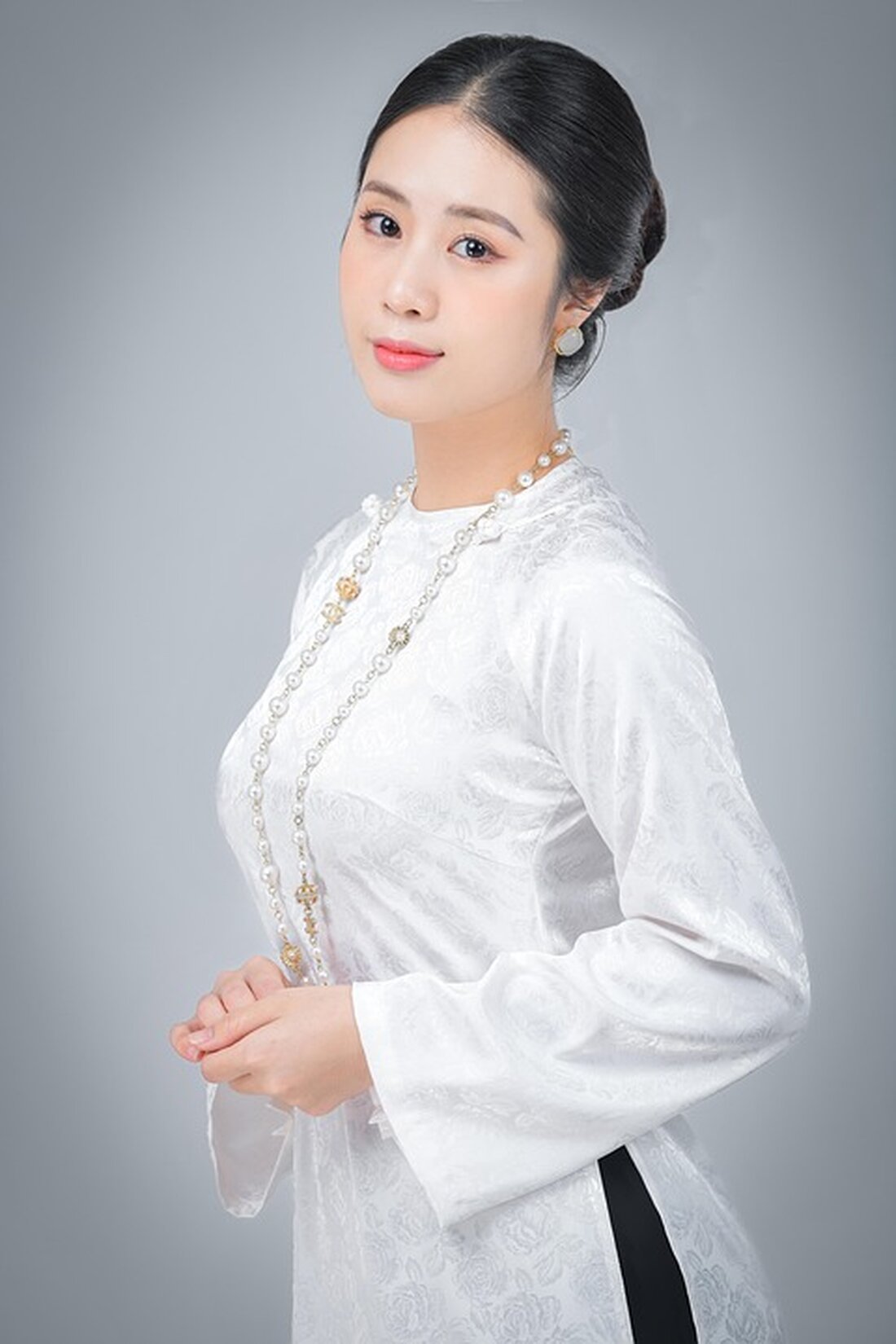White house shows progress for peace in Ukraine, but questions remain
The White House sum with Russia shows progress for peace in Ukraine, but it remains unclear whether Putin keeps its promise. What do we expect from the conversations with Zelensky?

White house shows progress for peace in Ukraine, but questions remain
The American envoy Steve Witkoff, one of the three US representatives at the summit with Russian President Vladimir Putin on Friday, explained several important agreements on Sunday that were achieved during the talks in Alaska. According to Witkoff, there was a clear positive development towards a peace agreement with Ukraine.
Security for Ukraine
Witkoff reported CNN that Putin had agreed to grant "robust" security guarantees as part of a future peace agreement. This includes a provision that provides for a collective defense of Ukraine by the United States and Europe if Russia should try further attack.
“We agreed on robust security guarantees that I would describe as groundbreaking,” Witkoff said on Jake Tapper’s “State of the Union.” He added that the Russians had also promised to enshrine in legislation a promise not to attack Ukraine or any other European country in an upcoming peace plan.
Unity and doubt
None of these provisions were mentioned in Russian reports on the summit. Witkoff's public description of the meeting was the most detailed yet. Trump will meet with Ukrainian President Volodymyr Zelensky and several European leaders at the White House on Monday to discuss the matter in more detail.
However, many questions remain about how the US assesses Putin's seriousness in reaching an agreement. Whether his promises can be trusted given his history of violating peace agreements is also questionable; also what exactly Trump is willing to offer to ensure that Ukraine is not attacked again.
The status of the negotiations
Before the summit, Trump said he would be disappointed if a ceasefire was not reached and threatened Russia with "severe" consequences if Putin did not stop the fighting. But as he departed, Trump said he was no longer aiming for an immediate ceasefire, saying "we don't have to think about it" regarding sanctions after the talks.
Witkoff explained that significant progress during the summit led Trump to abandon his push for an immediate ceasefire and instead work on a more comprehensive peace agreement. “We made so much progress at this meeting on all the other necessary ingredients for a peace agreement that President Trump has changed his priorities accordingly,” Witkoff said.
Differences remain
Another US representative at the negotiations, Foreign Minister Marco Rubio, expressed a more reluctant assessment of how close a peace agreement actually was. "We have made progress by identifying potential areas of the agreement, but there are significant differences. So we are still a long way away," he said on ABC in the program "This Week". "We are not on the edge of a peace agreement, but I think progress has been made."
He later added to CBS in the program "Face the Nation" that an agreement on the end of the war could cause disappointment on both sides. "It may be uncomfortable, it may be uncomfortable, but to end the war, there are things that Russia wants, which it cannot get, and things that Ukraine does not want," he said.
Future talks and security for Ukraine
The agreements described by Witkoff are at the heart of Monday's talks between Trump and Zelensky. A large delegation of European representatives - including the leaders of France, Germany, the United Kingdom, Italy, Finland, the European Union and NATO - will accompany the Ukrainian president to the talks.
European leaders have urged Trump to follow through on his threat of tough new economic penalties against Russia, but Rubio warned such moves could jeopardize progress on a peace deal. “The moment he takes these steps, all negotiations stop,” he said. “The moment we take these steps, there will be no one left in the world to talk to with the Russians to bring them to the table and reach a peace agreement.”
Security and compromises
A session during the talks in the White House on Monday will explore options for security guarantees for Ukraine, which ensure that Russia cannot attack the country again after the entry into force of a peace agreement. Selenskyj and the European leaders have stated that such assurances must be part of a peace agreement.
Witkoff said the clause accepted by Russia-similar to NATO "Article 5" that an attack on a country means an attack on everyone-would insist on a detour via Russia that Ukraine must never join NATO. He described it as the "first time that we have ever heard that the Russians agree to such a provision in a peace agreement."
What the United States would contribute to this effort compared to the Europeans remains unclear. Trump has previously made it clear that American troops will not be stationed in Ukraine and emphasizes that the responsibility for European nations is to take the lead in protection.
Some officials believe a robust security infrastructure for Ukraine could make it easier for Zelensky to accept some of Russia's demands for territorial surrenders as part of a peace deal. Putin has not abandoned some of his maximalist ideas, including demanding that Ukraine hand over the entire eastern Donbass region, where Russia currently has large territorial claims.
But Witkoff said Putin has made some concessions on his land demands and suggested that the Russians are now seeking "land swaps" on the war's current front lines, rather than on the administrative borders of at least some of the five regions that have long been Putin's focus. “The Russians have made concessions at the negotiating table regarding all five of these regions,” he said, adding that the issue should be discussed with Zelensky on Monday in the hope that “decisions can hopefully be made immediately.”

 Suche
Suche
